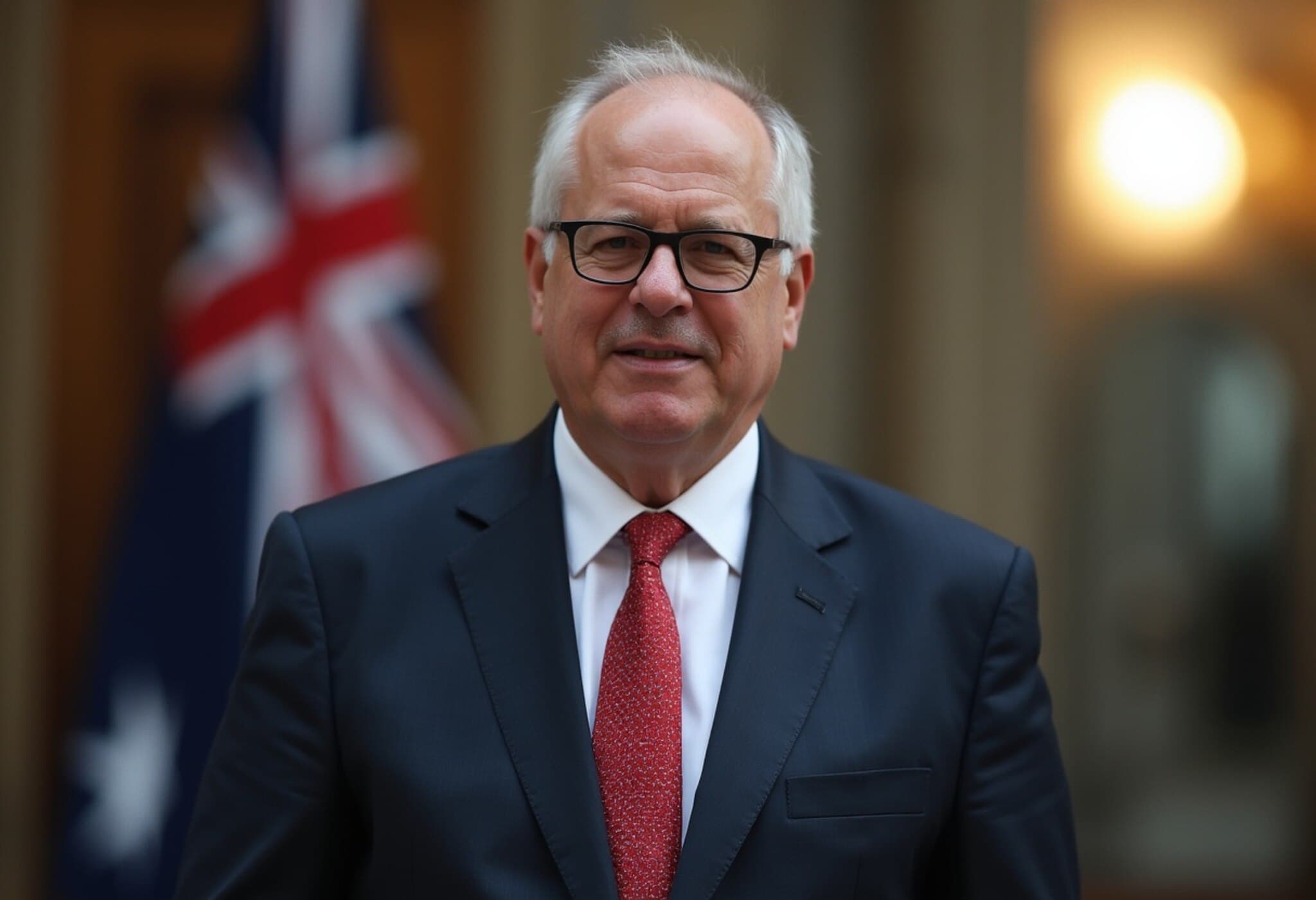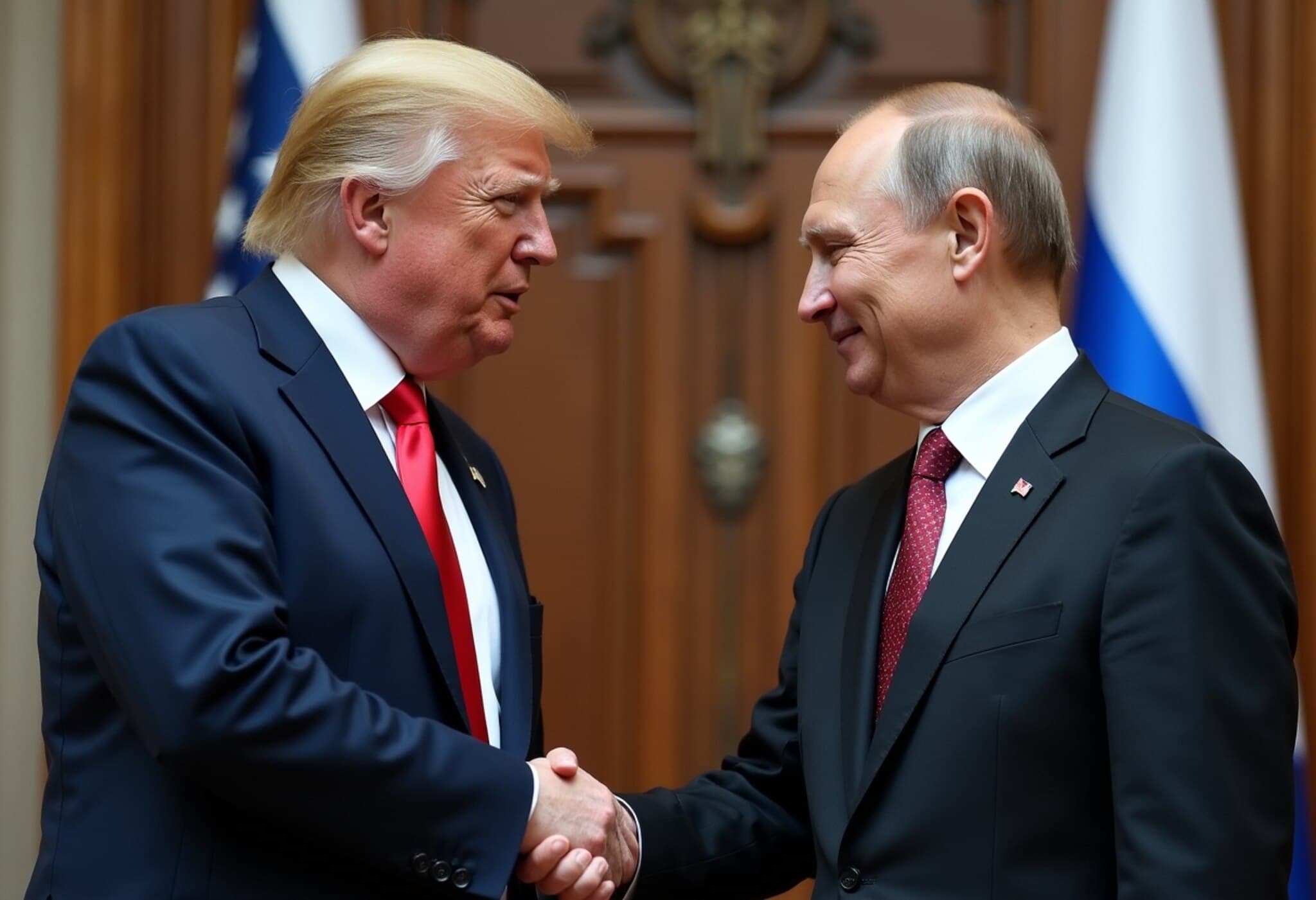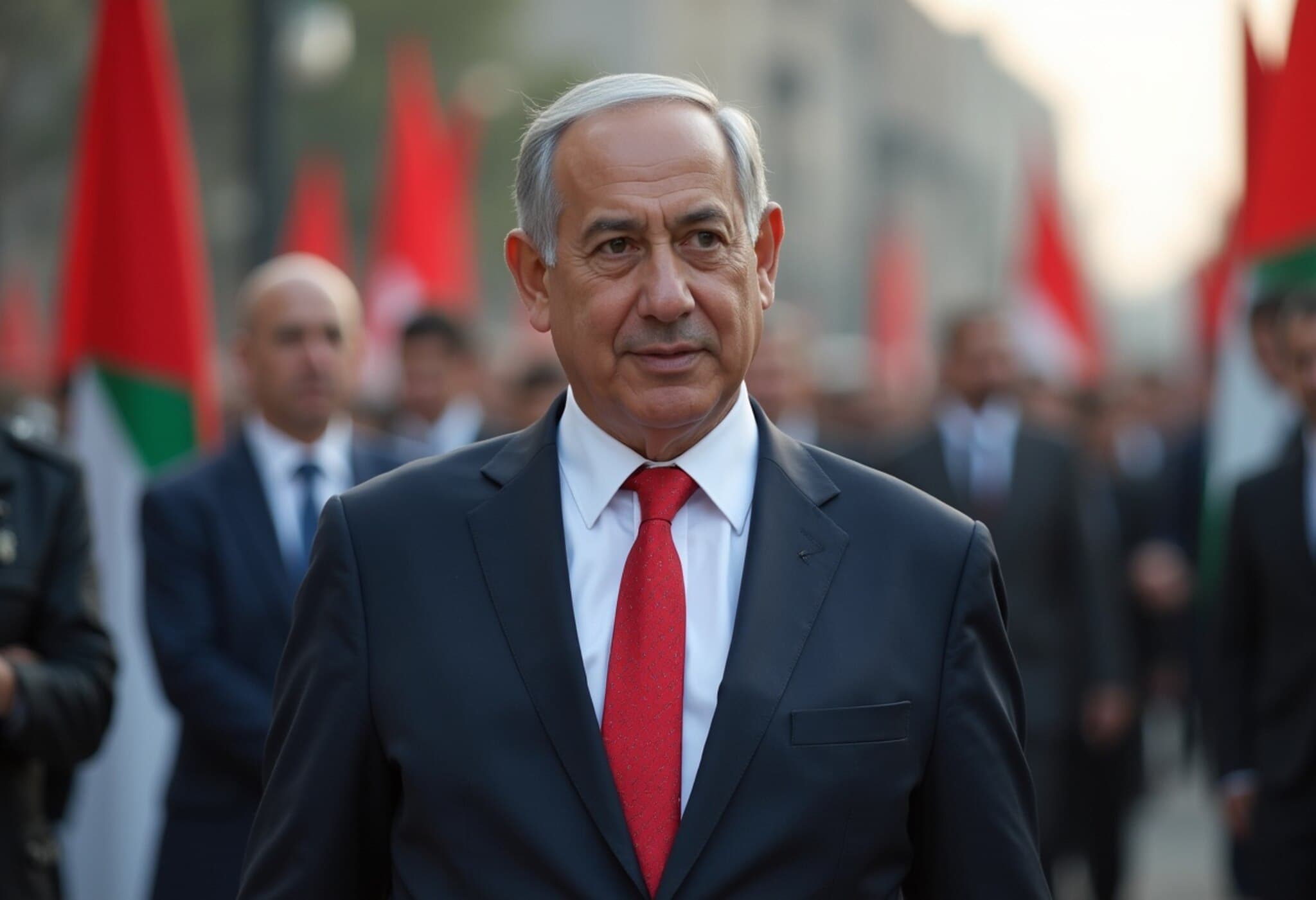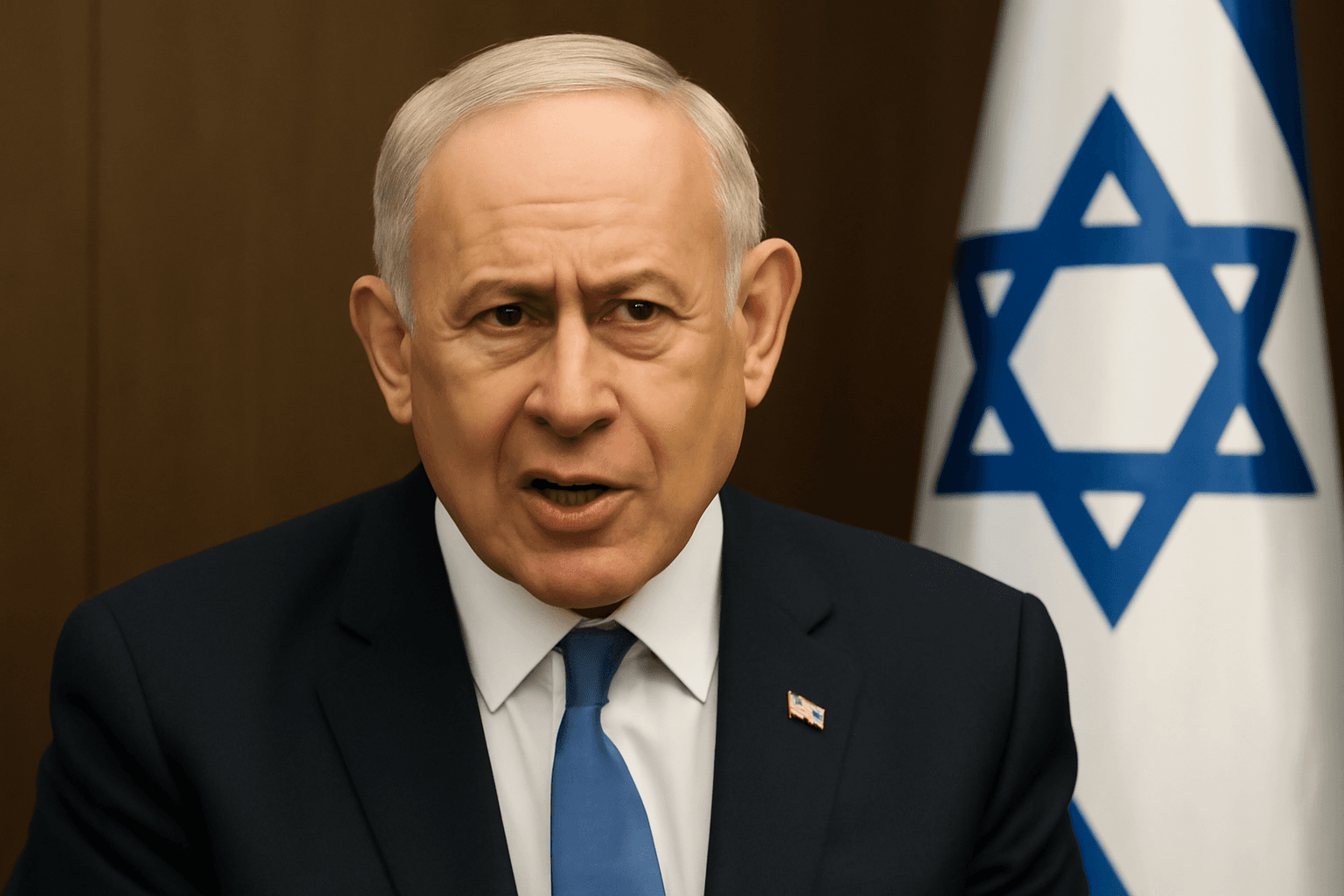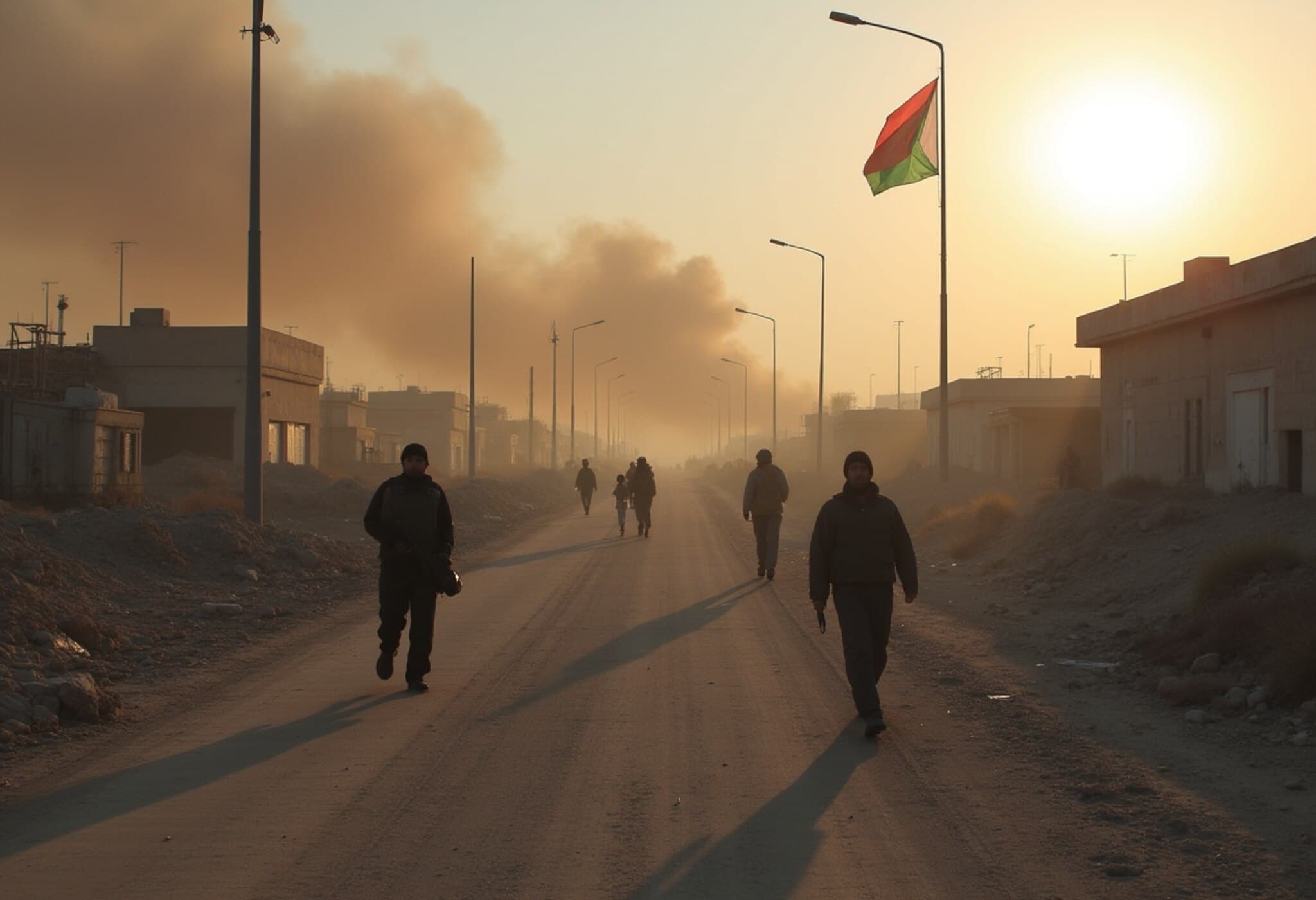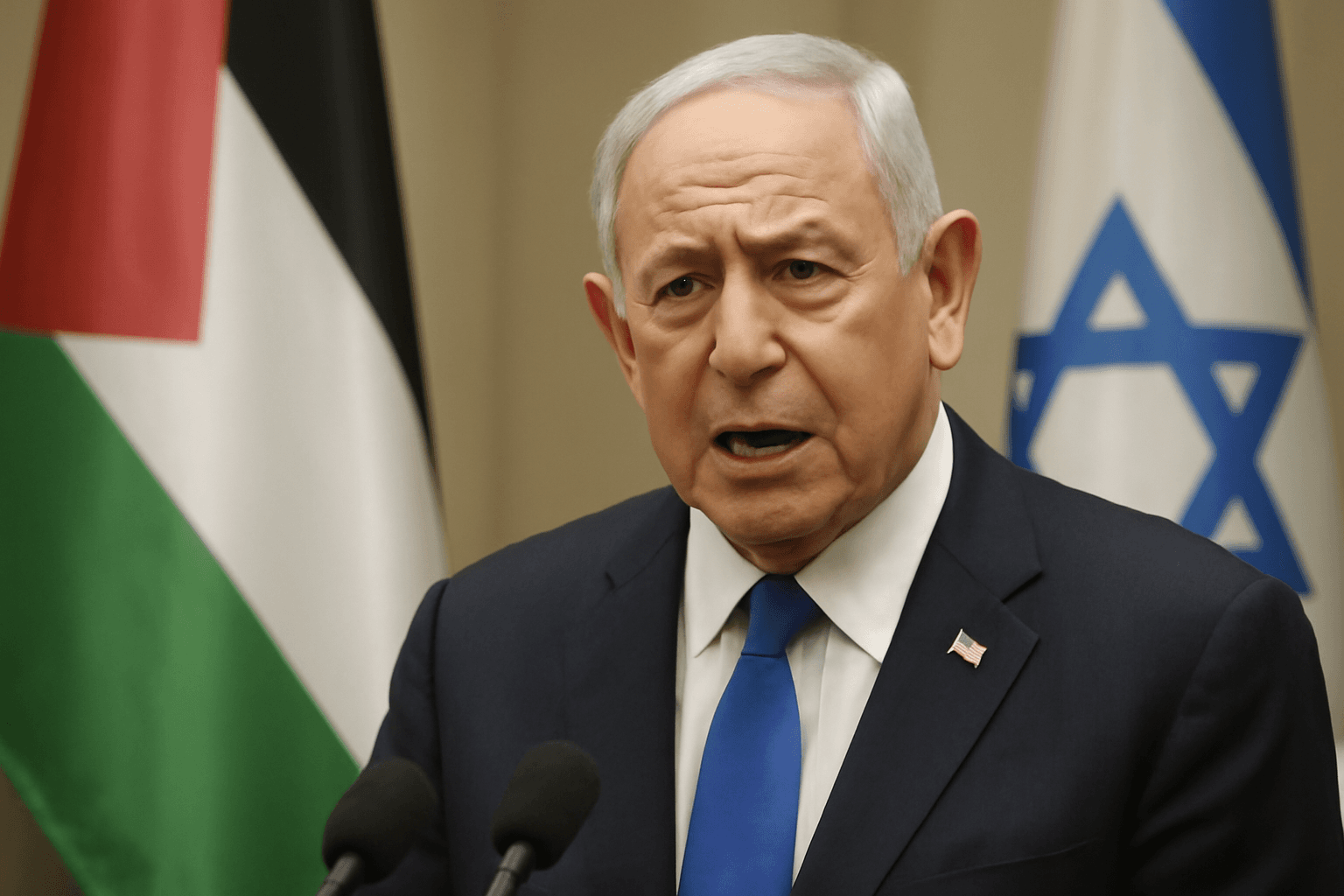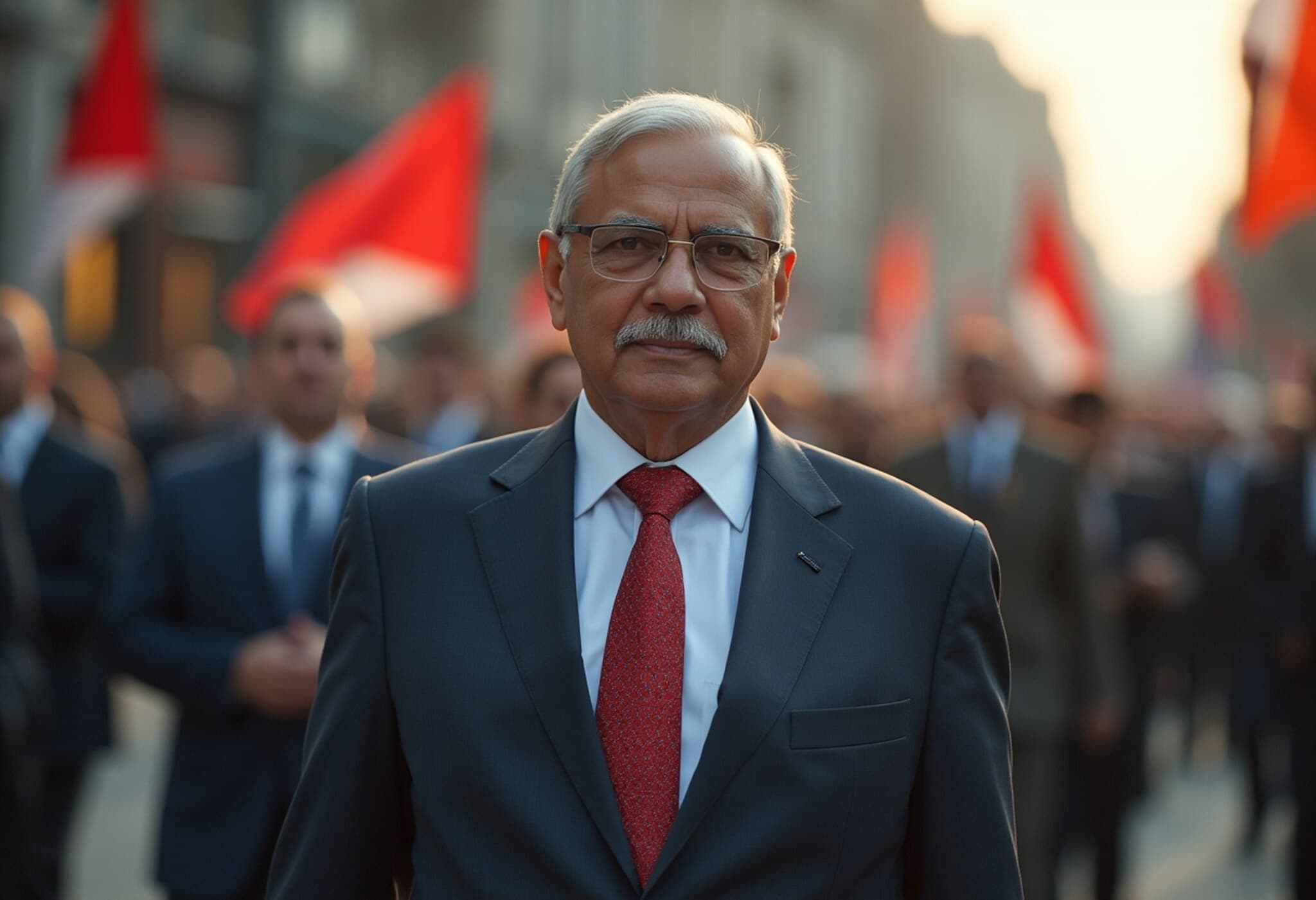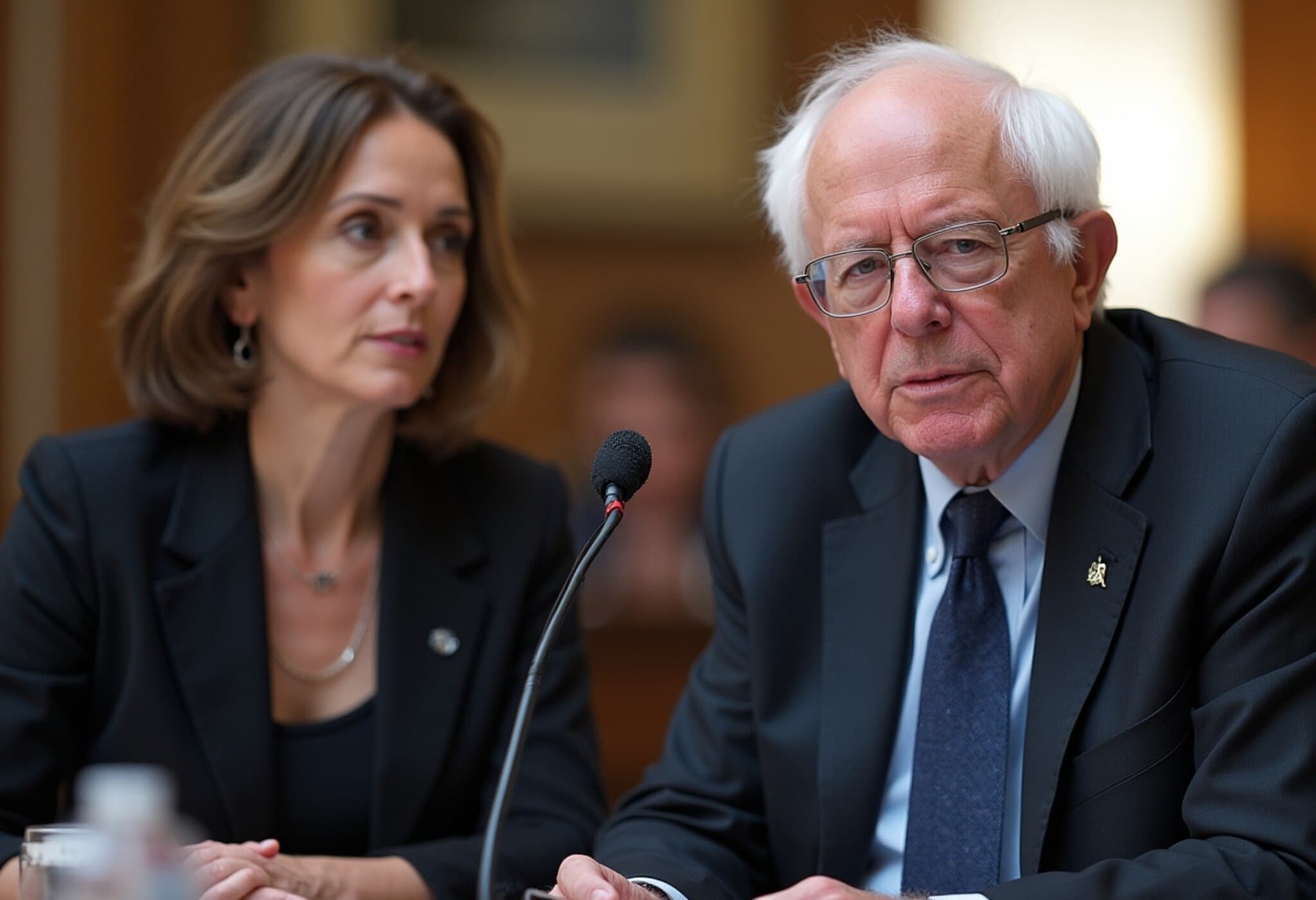Australia Moves to Recognize Palestinian State Amid Growing Humanitarian Concerns
In a significant shift on the international stage, Australian Prime Minister Anthony Albanese announced on Monday that Australia will recognize a Palestinian state at the upcoming United Nations General Assembly in September. This landmark move aligns Australia with countries like France, Britain, and Canada, marking an increased global pressure on Israel amid the worsening humanitarian crisis in Gaza.
Albanese Criticizes Netanyahu’s Response to Gaza Crisis
In a candid interview with the Australian Broadcasting Corporation (ABC), Albanese expressed strong disappointment with Israeli Prime Minister Benjamin Netanyahu, describing him as “in denial” over the humanitarian suffering unfolding in Gaza. The Australian leader recounted a recent phone conversation with Netanyahu, pointing out that the Israeli government appears unwilling to acknowledge the dire consequences facing innocent civilians.
“He again reiterated to me what he has said publicly, which is to be in denial about the consequences that are occurring for innocent people,” Albanese said. This stance, Albanese notes, was a key factor influencing Australia’s decision.
Conditional Recognition: Addressing Hamas’ Role
Australia’s recognition of Palestine comes with clear conditions. Any future Palestinian state must ensure that the Islamist militant group Hamas will have no role in governance or administration. This stipulation reflects Australia’s commitment to supporting a peaceful and stable resolution to longstanding conflicts between Israel and the Palestinians.
Domestic and International Reactions: Political Divides Emerge
The announcement has ignited a spirited debate within Australia. Opposition leader Sussan Ley criticized the move sharply, arguing it risks harming Australia’s relationship with the United States, a steadfast ally opposed to unilateral recognition of Palestinian statehood. Ley emphasized that recognition should come only after a negotiated peace agreement between Israel and the Palestinians.
“We would never have taken this step because this is completely against what our principles are, which is that recognition, the two-state solution, comes at the end of the peace process, not before,” Ley stated.
Changing Public Sentiment in Australia
Just weeks ago, Albanese appeared hesitant to commit to a timeline for recognition. However, amid escalating reports of malnutrition, hunger, and military action in Gaza, public opinion in Australia has shifted dramatically. Tens of thousands have protested, calling for urgent humanitarian aid deliveries to Gaza, including a mass march across Sydney’s iconic Harbour Bridge earlier this month.
Jessica Genauer, a senior lecturer in international relations at Flinders University, notes, “This decision is driven by popular sentiment in Australia which has shifted in recent months, with a majority of Australians wanting to see an imminent end to the humanitarian crisis in Gaza.”
Regional and Global Responses
Australia’s decision stands in contrast to New Zealand’s more cautious approach. The New Zealand government continues to deliberate over recognition, attracting criticism from prominent voices such as former Prime Minister Helen Clark, who lamented the delay amid what she described as a “catastrophic situation.”
Clark urged for swift international solidarity: “Here we are in New Zealand somehow arguing some fine point about whether we should recognise — we need to be adding our voice to the need for this catastrophe to stop.”
Expert Insights: What This Means for the Peace Process
The recognition of a Palestinian state by a key Western ally like Australia is a potent signal in the complex dynamics of Middle East diplomacy. It pressures Israel to reconsider its policies towards Gaza, especially amidst intensifying global condemnation of the humanitarian impact of military operations.
However, this decision also underscores the tightrope governments must walk between advocating for human rights and maintaining strategic alliances. The United States’ opposition to unilateral recognition highlights the ongoing challenges in striking a balance between swift humanitarian responses and long-term peace negotiations.
Critical Questions Moving Forward
- How will Australia’s recognition influence Israel’s policies and the broader Middle East peace process?
- What impact will this have on Australia-U.S. relations, especially concerning coordination on foreign policy?
- Can recognition without a negotiated settlement catalyze progress or entrench divisions further?
- What role will conditions on Hamas’ exclusion play in shaping Palestinian governance and international support?
Editor’s Note
Australia’s unprecedented move to recognize a Palestinian state amid escalating humanitarian concerns in Gaza marks a significant moment in international diplomacy. Prime Minister Albanese’s remarks about Netanyahu’s denial highlight the growing frustration around seemingly intractable conflicts and the urgent need to prioritize human suffering. As public opinion sways and traditional alliances face strain, this development invites deeper reflection on how nations can ethically and effectively engage with complex foreign policy challenges—in a world where human lives and geopolitical interests often collide.
Readers should watch closely how this decision shapes diplomatic relations and what ripple effects it may have on peace efforts, humanitarian aid, and regional stability.

